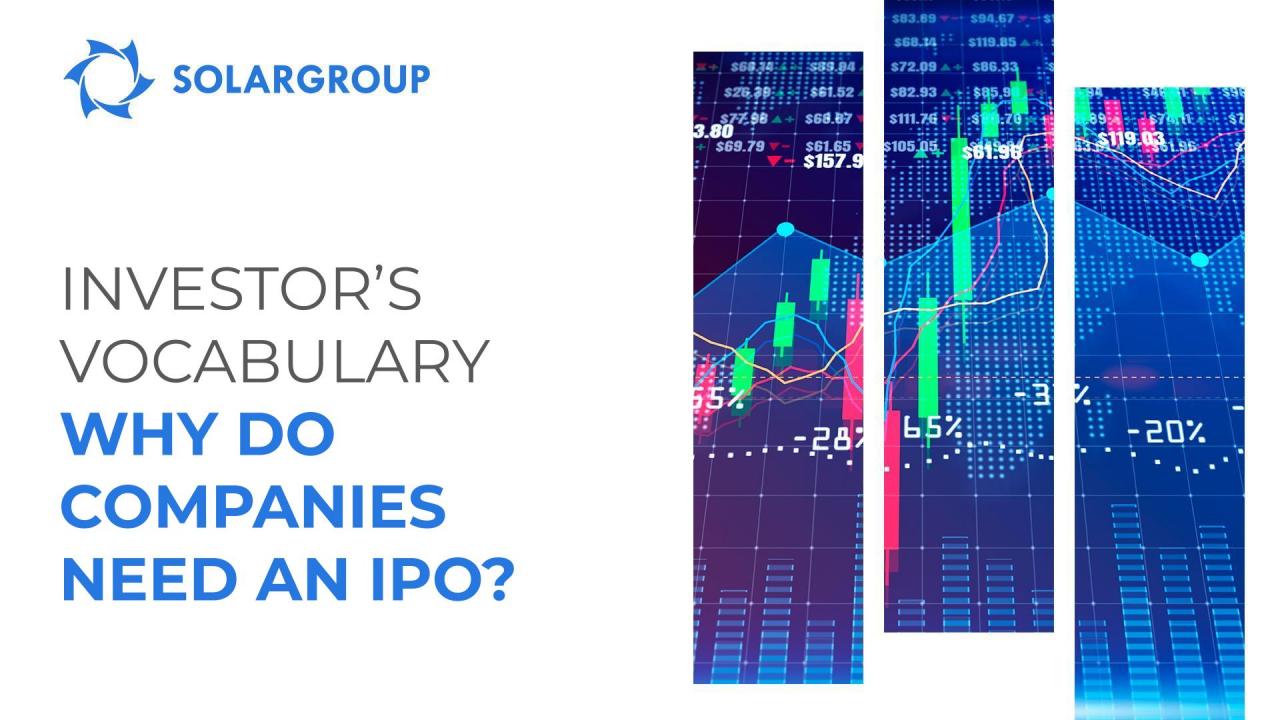
Investor's vocabulary: Why do companies need an IPO?
A company's IPO is a day that investors look forward to. Until this moment, only a limited number of people have access to the company's securities: as a rule, it's the business founders and management, sometimes employees. Launching an IPO means a new game-changing stage in the development of a business: it goes from private ownership to the public domain by offering its shares on the stock exchange to a wide range of investors.
A lot of startups seek to offer their securities on the stock exchange in order to attract investments for further development, as well as to increase the estimated value of the business.
But publicity has its drawbacks: for example, a company will have to disclose information about its activities and publish reports regularly.
Besides, the process of preparing for an IPO is complex and expensive: the company will have to pay for the services of an underwriter. An underwriter will help draw up an investment memorandum and submit the required package of documents to the securities commission or the Central Bank of the country where the offering will take place.
After launching an IPO, the company's value is assessed based on the total value of all the securities issued by it: if there are 5 million company's shares listed on the stock exchange at the price of $10 per unit, then the company's valuation is 5 million x $10 = $50 million.
What other benefits does a business get from launching an IPO?
- Increased recognition. A place in the listing of the world's leading stock exchanges not only guarantees the attention of financial analysts and the press, but also adds to the prestige of the company itself.
- An additional financial instrument for taking over smaller players. A lot of companies pay to the businesses they take over with their shares instead of money. For example, when Facebook purchased the WhatsApp messenger for $19 billion, only about $4 billion was paid in cash, and the rest of the deal was closed using their shares.
- Growth of shareholders' equity. With good prospects, the company's share price will start to rise, thus increasing the value of shareholders' equity.
- Increasing the liquidity of securities. Free access of any investor to the company's shares that are freely traded on the stock exchange ensures their higher liquidity, or the ability to be bought/sold at any time.

